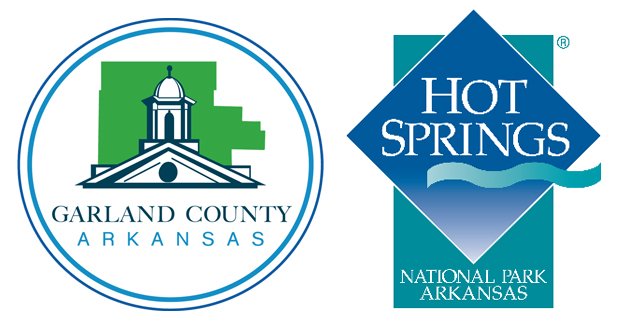It was at the bottom of a county appropriation ordinance containing a laundry list of spending items, but the $100,000 moved out of the water system fund Monday night was more significant than its placement suggested.
The 2013-14 Garland County Quorum Court put the money into the county's 2015 budget to seed the lawsuit the county was considering bringing against the city of Hot Springs for its policy limiting water connections and extensions outside the corporate limits. The money was never allocated, but subsequent quorum courts reappropriated it during the next five budget cycles in the event the county would proceed with the lawsuit.
Water from Lake Ouachita and the 15.75 million-gallon a day treatment plant the city expects to bring online by 2022 make supply and capacity issues cited in support of the policy less relevant, and a spirit of cooperation chief executives the city and county installed in late 2018 and January 2019 have relaxed intergovernmental tensions of the past.
County Judge Darryl Mahoney, who was elected in 2018, said he's hopeful he and City Manager Bill Burrough can find common ground on an issue that's long been a point of contention.
"We're going to have to sit down and come up with a long-term plan of how that water will be released to different areas," Mahoney said. "I hope to be able to work something out with them to where we can have a long-term plan where people can plan how to use their property."
The city began easing the restrictions last year, allowing extensions and connections anywhere within the 145-square-mile service area for applicants who've qualified for Arkansas Economic Development Commission incentives. It also exempted applicants inside Mid-America Industrial Park and Garland County Industrial Park, which are both beyond the corporate limits and the city's planning area, from the restrictions.
"Both Judge Mahoney and myself are committed to finding a plan that can be approved by both the (Hot Springs Board of Directors) and the quorum court," Burrough, whom the board promoted to city manager in December 2018 after he served in an interim capacity for six months, said. "We're aligned in the fact that we want to have good relations between the county and the city. I think they're better than they've ever been. We work very well together.
"I think we're both committed to what's best for our community, not just the city or the county. With that, we still have a responsibility to both the county and the city to protect both of our entities. But even on things we may not agree on, we agree to sit at a table and try to work them out. I think that's how you solve problems."
Mahoney said a wholesale build-out of the water system could put stress on other infrastructure and services.
"If they supplied every drop of water everybody wanted, we would be overran with people needing electrical infrastructure, road infrastructure," he said. "We're going to have to sit down and figure out exactly where the best place to start with it is and then move forward from there with a long-term plan to phase it in over a period of time.
"Properties are selling and being developed in Garland County really fast. I think we have to be careful that we don't wind up with a pretty good sprawl. There's a lot of infilling and other things like that that need to be done that are good management practices that will pay off in the long run for everybody's property values."
